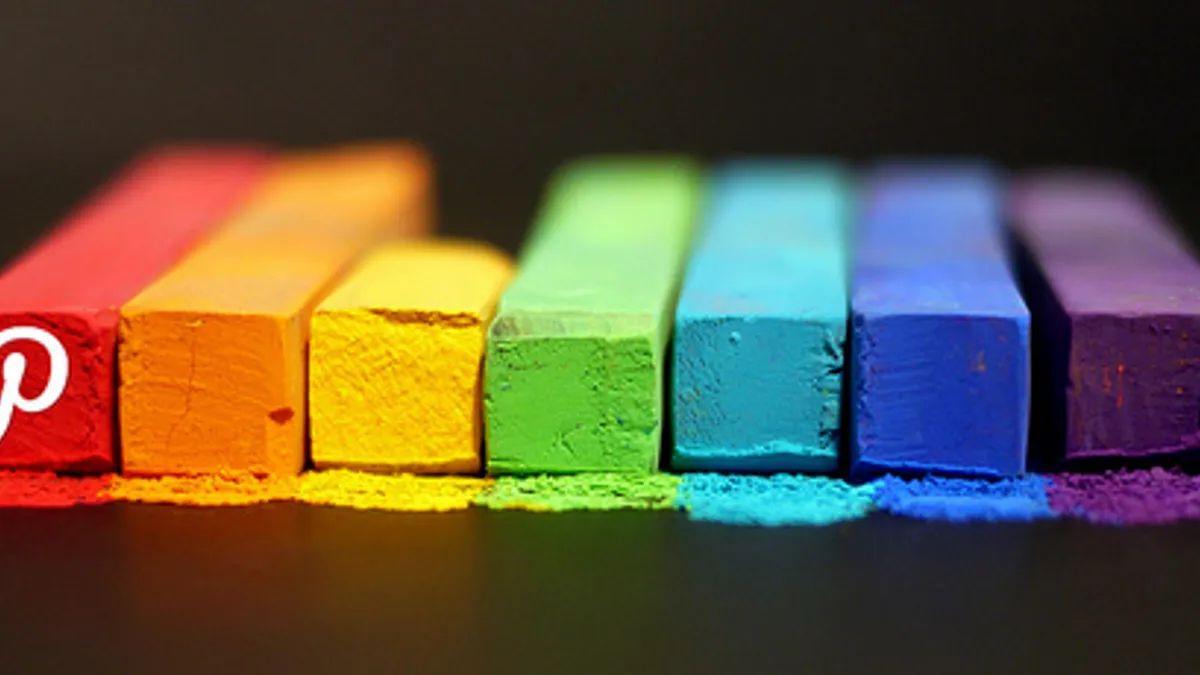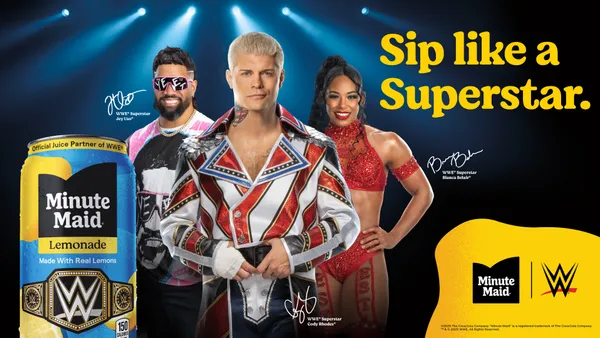Dive Brief:
- About a year after Pinterest banned affiliate links, the social photo curation site decided to begin allowing them again.
- According to Pinterest, the decision was based on its improved technology capability to filter out spam and other behavior that negatively impacts its users’ experience.
- Adelin Cai, a member of Pinterest's policy team, told Business Insider, "Because we weren't allowing affiliates, we weren't giving users the right sort of incentive to continue creating really beautiful content. We believe that if we remove the ban, we're incentivizing those influencers to generate much more beautiful content."
Dive Insight:
Pinterest dropped affiliate links last February very abruptly and around the same time it launched its buyable pins ad unit. Even though the move was made and explained as Pinterest looking to protect its user experience, it also directly impacted many of those users who were sharing affiliate links as well as marketers who were taking advantage of the tactic.
For marketers, affiliate links are a low-cost way to reach a large audience, and depending on who is sharing the link, there’s an added cachet of an influencer recommendation.
Cai told Venture Beat, “We want to get local influencers to stretch their content out on the platform.” Pinterest feels bringing affiliate links back will especially help users outside of the U.S. grow local markets and create relevant content for specific regions.
In addition to bringing back affiliate links, which should help marketers looking to expand their global footprints, Pinterest recently expanding ads to the U.K. and scooped up mobile ad tech firm URX that will help position it as somewhere between social and search.














